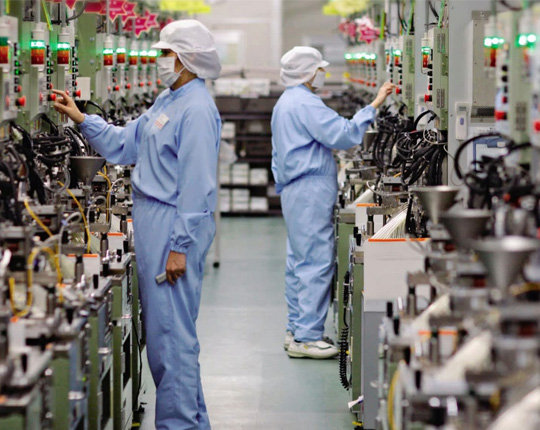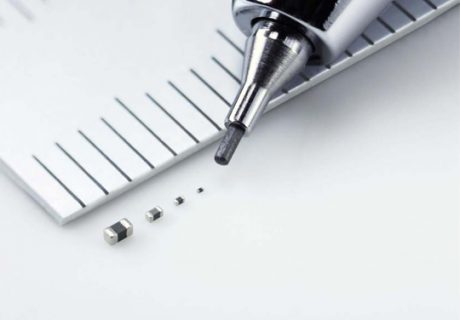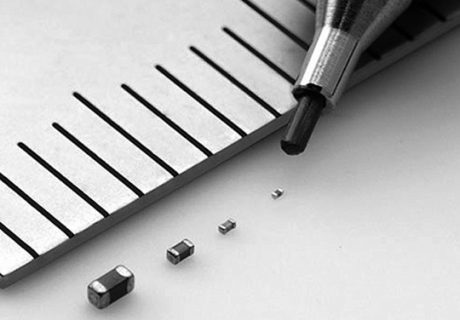According to report, Murata is going to build a new MLCC factory in Shimane Prefecture, Japan. The Japanese maker of components for electronics has earmarked about 40 billion yen ($354 million) for a new plant in an industrial complex near its Izumo Murata Manufacturing’s headquarters in Shimane Prefecture in southwestern Japan. The new MLCC factory will start construction in October 2018 and is expected to be completed by the end of 2019.
Apple’s new iPhone product demand for MLCC will expand after the second half of the year, coupled with electric vehicles, autonomous driving and Sc commercialization, the shortage of MLCC may become more and more serious. As components for electronics become smaller, manufacturing requires more advanced technology, the leakage of which the company hopes to prevent by boosting domestic production.
Murata ships 1 trillion ceramic capacitors annually, controlling about 40% of the world market. Murata is also revamping its Fukui Murata Manufacturing unit in Japan along with its Philippine operations in an effort to increase capacity 20% by 2019. The company’s total capital spending is expected to hit a record 340 billion yen this fiscal year.
Laminated ceramic capacitors are a vital component in most electronics for cutting circuit noise. A single smartphone handset, for example, typically has up to 1,000 of the capacitors. For a car, roughly 10,000 are needed.
As early as June 8 this year, Murata announced a production increase plan, invested 29 billion yen to build a new MLCC plant near its Fukui Plant, which is expected to be completed in December 2019.
According to the plan at the time, Murata plans to increase the overall capacity of its Fukui Plant MLCC by 10% in three years. Now with the new plant in Shimane Prefecture, Murata has adjusted its target, the new target is to increase the overall capacity of Murata MLCC by 20% by the end of March 2020.
Some analysts pointed out that the slowdown in smart phone sales may have slowed the demand for MLCC, and the trade war between China and US may lead to a slowdown in the global economy, at the same time, the export of Chinese-made electronic products equipped with MLCC to the United States will be reduced. However, analysts believe that even in this case, the MLCC will remain in short supply in the next year.
The global supply of the capacitors is tightening, due in part to increased usage in electric vehicles and the release of new iPhones. Observers say the rising demand may squeeze electronics manufacturers.
Overall demand for electronics components is expected to grow as countries roll out fifth-generation mobile networks and more electric vehicles hit the road.
Murata has already raised prices on all of its capacitors to help offset capital spending.



















